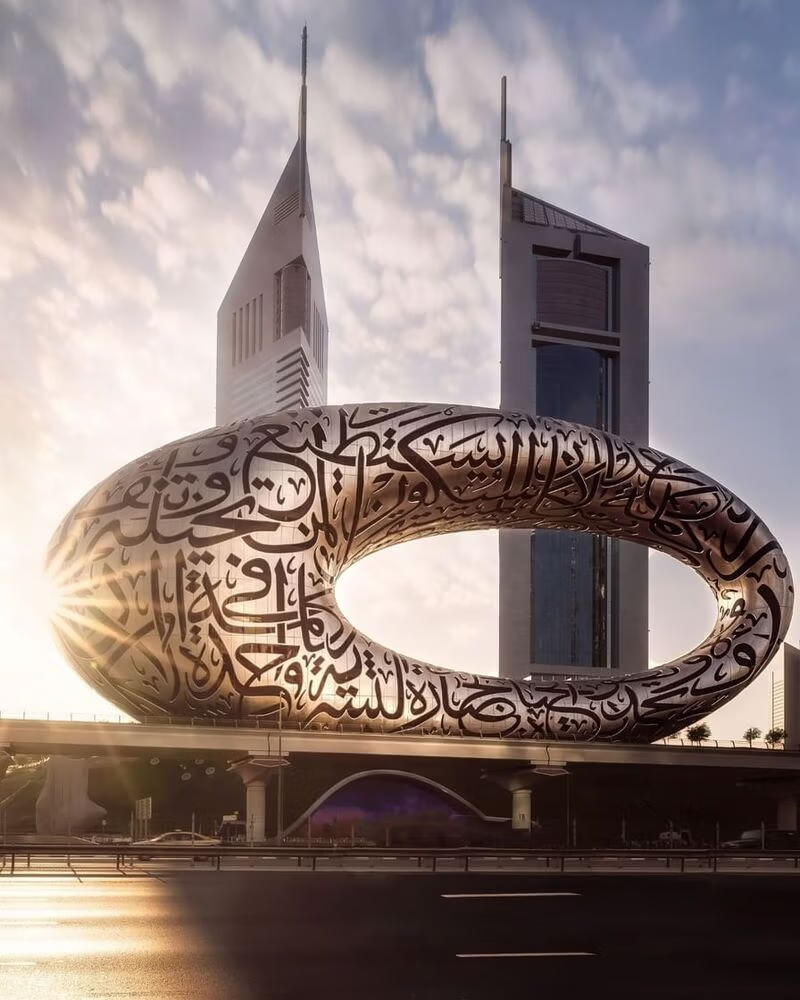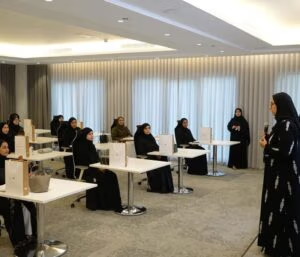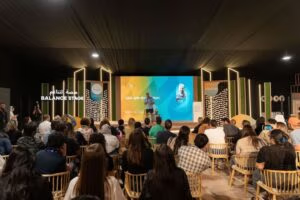The Museum of the Future, in partnership with Dubai Municipality, is set to host ‘Urban Future Week’ on 10–11 November 2025. The event will bring together leading thinkers, global experts, and decision-makers to shape the future of cities. It will focus on how urban planning can respond to technological innovation, climate challenges, and social transformations, while generating actionable strategies for the cities of tomorrow.
As a strategic platform, Urban Future Week will feature over 40 speakers and representatives from local and international organizations, alongside more than 1,000 participants from around the globe. The programme will include keynote addresses, panel discussions, interactive dialogues, and specialised exhibitions showcasing cutting-edge innovations in sustainability, governance, and urban design, reinforcing Dubai’s reputation as a global hub for foresight and applied innovation.
The event will address key themes shaping future cities, such as urban resilience in the face of technological, environmental, and societal shifts, the development of digital infrastructure, and emerging urban projects. It will also explore the evolution of future communities, emphasizing enhanced quality of life, sustainability, and the design of smarter, more inclusive urban environments.
A highlight of the programme is the ‘Hewi Dubai’ initiative, a people-focused model for inclusive urban spaces. The project includes diverse areas aimed at strengthening social cohesion, fostering community bonds, and preserving cultural heritage. It also integrates sustainable agriculture, with dedicated spaces for local plant cultivation, reflecting a forward-thinking vision for vibrant, environmentally connected cities.
The initiative underscores the shared dedication of the Museum of the Future and Dubai Municipality to creating a more inclusive and resilient urban future through collaboration between public and private sectors. The event serves as a convergence point for policymakers, communities, and industries to drive innovation and design more human-centric urban environments.
Eng. Marwan Ahmed bin Ghalita, Director-General of Dubai Municipality, said, “The organising of Urban Future Week comes as part of ongoing efforts to strengthen Dubai’s position as a global hub for shaping the future of governance and innovation in the urban sector, particularly in light of the rapid transformations the world is witnessing, which call for rethinking how cities are designed, managed and how to best enhance their adaptability.”
He added, “Through this initiative, Dubai Municipality reaffirms its commitment to advancing flexible governance models and empowering communities to take part in shaping their urban future. This aligns with the UAE Green Agenda 2030, sustainable development goals and the UAE Centennial 2071 Vision, ensuring the anticipation of future challenges and transforming them into drivers of sustainable growth.”
Khalfan Belhoul, Chief Executive Officer of Dubai Future Foundation, stated, “Hosting this global dialogue at the Museum of the Future, in partnership with Dubai Municipality, reflects Dubai’s pioneering role in building more resilient and future-ready cities. The event provides a platform for knowledge exchange and the development of practical solutions that harness future technologies and meet the aspirations of coming generations.”
He added, “Urban Future Week serves as a significant platform to highlight the future of digital cities and smart communities, where technology, open data and artificial intelligence have become key tools in shaping future lifestyles and in building models of living defined by efficiency and sustainability.”
The event will explore the application of open data, AI, and experimental governance to strengthen urban sustainability and adaptability. It will also highlight Dubai’s vision for the cities of tomorrow through collaborative, data-driven planning.
By linking urban growth with climate resilience and sustainability, Urban Future Week promotes stronger integration among academia, communities, and government. It aims to accelerate the adoption of digital infrastructure and smart systems while supporting youth-led initiatives in urban planning.
Expected outcomes include the launch of new strategic initiatives in smart infrastructure, strengthened public-private collaboration, and the development of innovative frameworks for healthier, more resilient, and future-ready cities.
A comprehensive report will be published following the event, summarising key insights and recommendations to guide future policymaking and reinforce Dubai’s role as a global platform for shaping the cities of tomorrow.
(Inputs from WAM)





